The Most Remote Places in Britain Are Still Pretty Close to Roads
It’s a reminder that there are vanishingly few places on Earth that don’t carry the traces of humans.
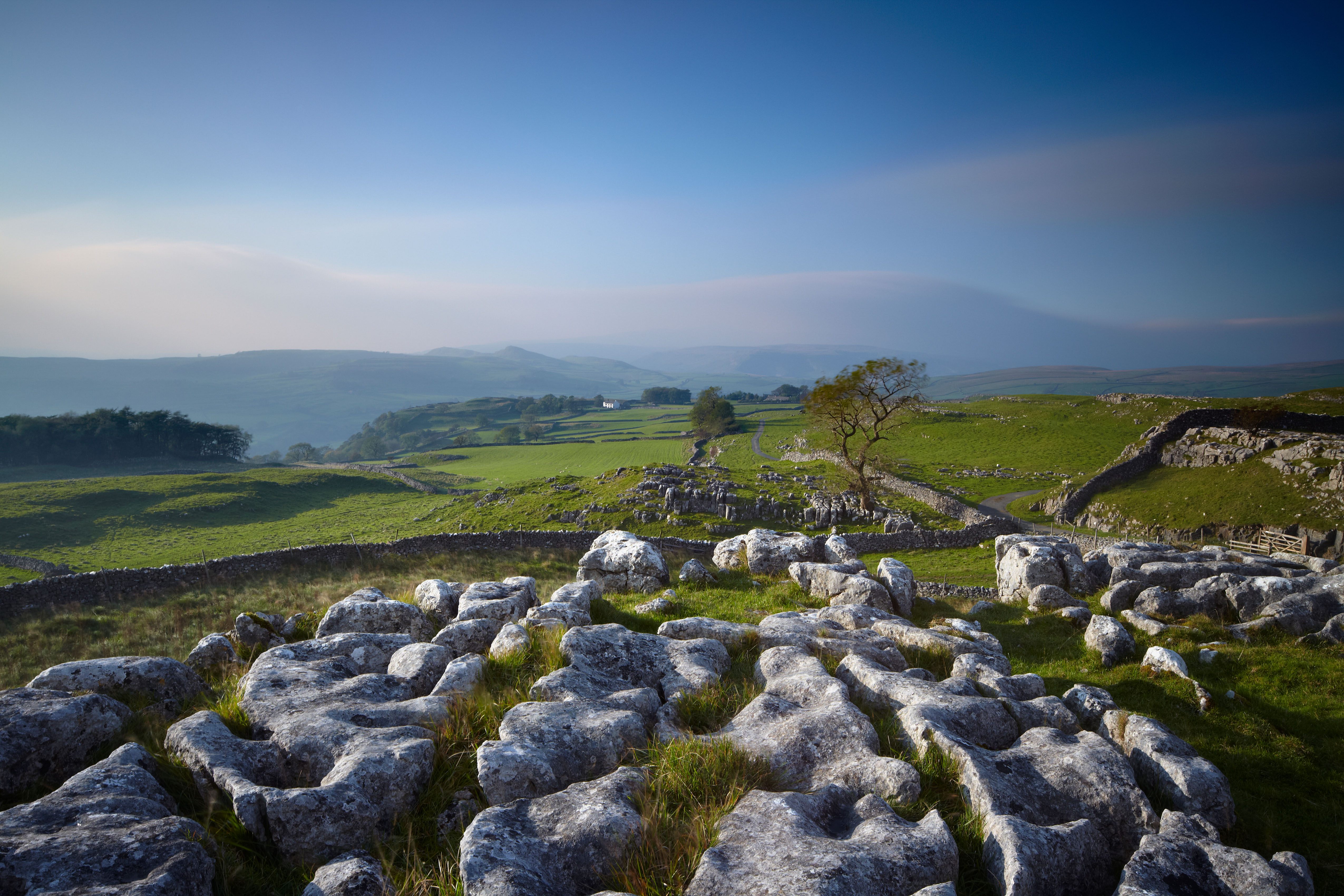
If the guidebook could be believed, a tourist gamboling over England’s Riggs Moor in 1891 could expect to be fairly alone there. The landscape around the sprawling, brown-green swath was stippled with mountain crags, slick with streams, and edged with ferns and blankets of heather and flowers. The whole place “slumbers in the peace of obscurity,” declared the Handbook for Tourists in Yorkshire and Complete History of the Country. The guide observed that “the head of the valley is rarely visited by the outside world.” The message rang loud and clear—this portion of England was pretty and untrodden.
Now, 128 years on, Riggs Moor sits alongside Yorkshire Dales National Park, and the British Ordnance Survey—which encourages people to get out an experience the countryside—reports that it is still the most remote place in England. But, as The Times recently reported, even the most “remote” places really aren’t.

“We are never further than six miles from a road anywhere on the mainland,” the paper noted, adding that Riggs Moor is only 2.4 miles from a local-access road. According to The Times, the most tucked-away spot in all of the United Kingdom is Fionn Loch in the Scottish Highlands. The nearest minor road is 5.7 miles away. (The Scotsman newspaper recommends a walking route that winds through heather and past a waterfall before arriving at the “lonely loch.”)

On one hand, the statistic is a reminder that there are vanishingly few places on Earth that don’t carry the traces of what we humans have been up to. Our trash is everywhere, from the depths of Mariana Trench to the highest mountain peaks—and even when we’re not on the ground, the airplanes carrying our bodies and our goods roar over quiet landscapes, and our artificial lights pollute the sky and leave birds disoriented. Around the world, tracts of old, relatively untouched forests are dwindling, as are the parts of the ocean that count as marine wilderness.
But on the other hand, a place doesn’t need to be especially hard to access in order to feel ripe for wonder. If you look closely enough, there might be historical tales to excavate, or natural wonders to mull over and decode—whether you’re far off the beaten path, or following sets of well-worn footprints.







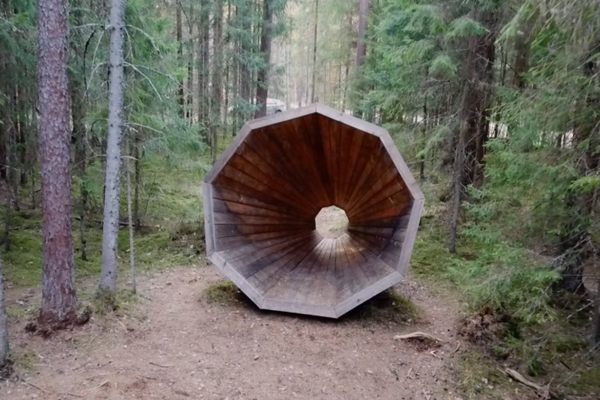
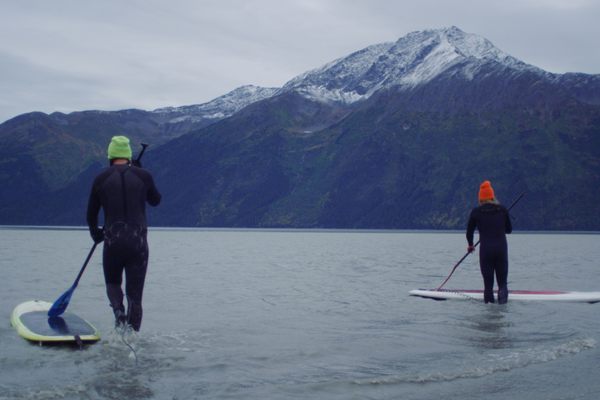


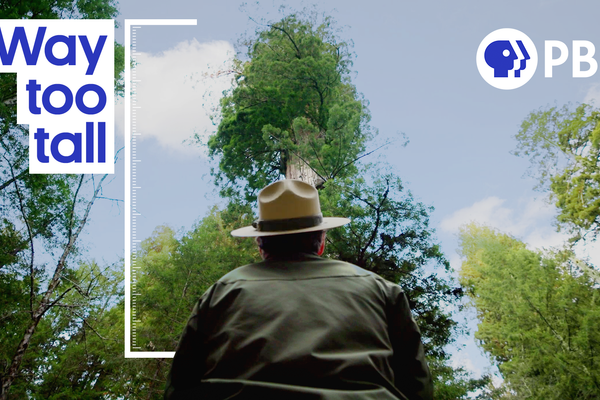



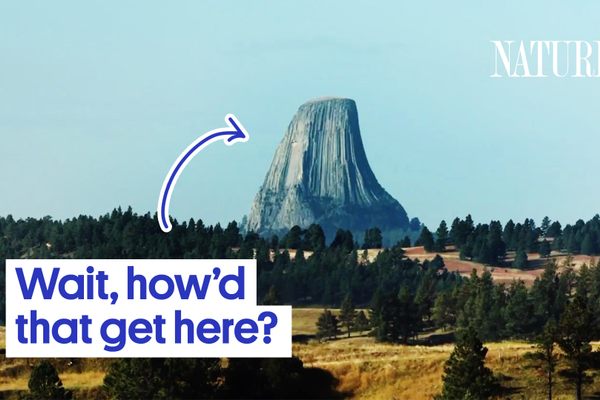




Follow us on Twitter to get the latest on the world's hidden wonders.
Like us on Facebook to get the latest on the world's hidden wonders.
Follow us on Twitter Like us on Facebook